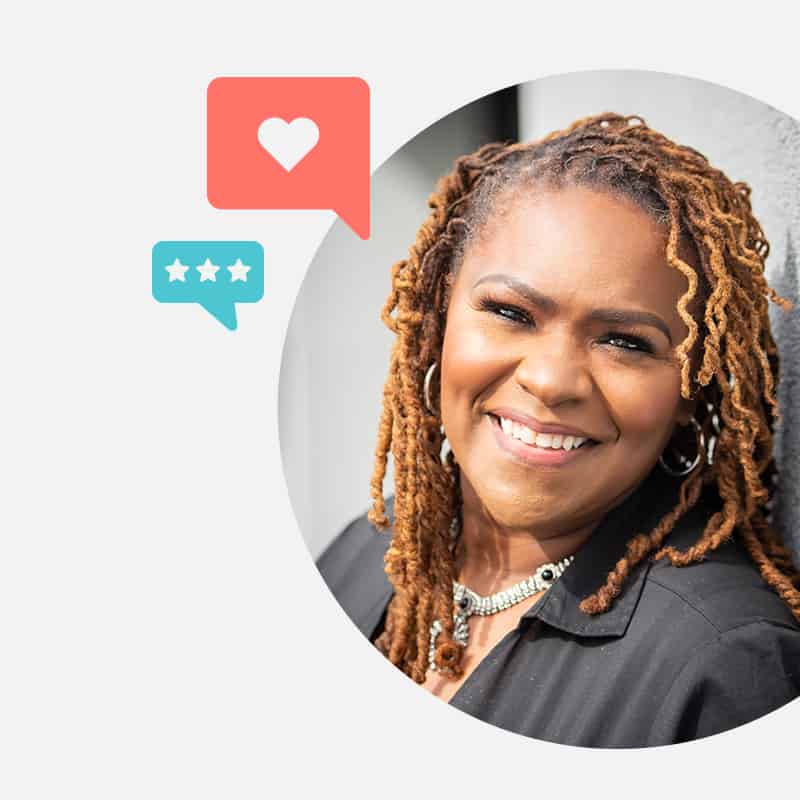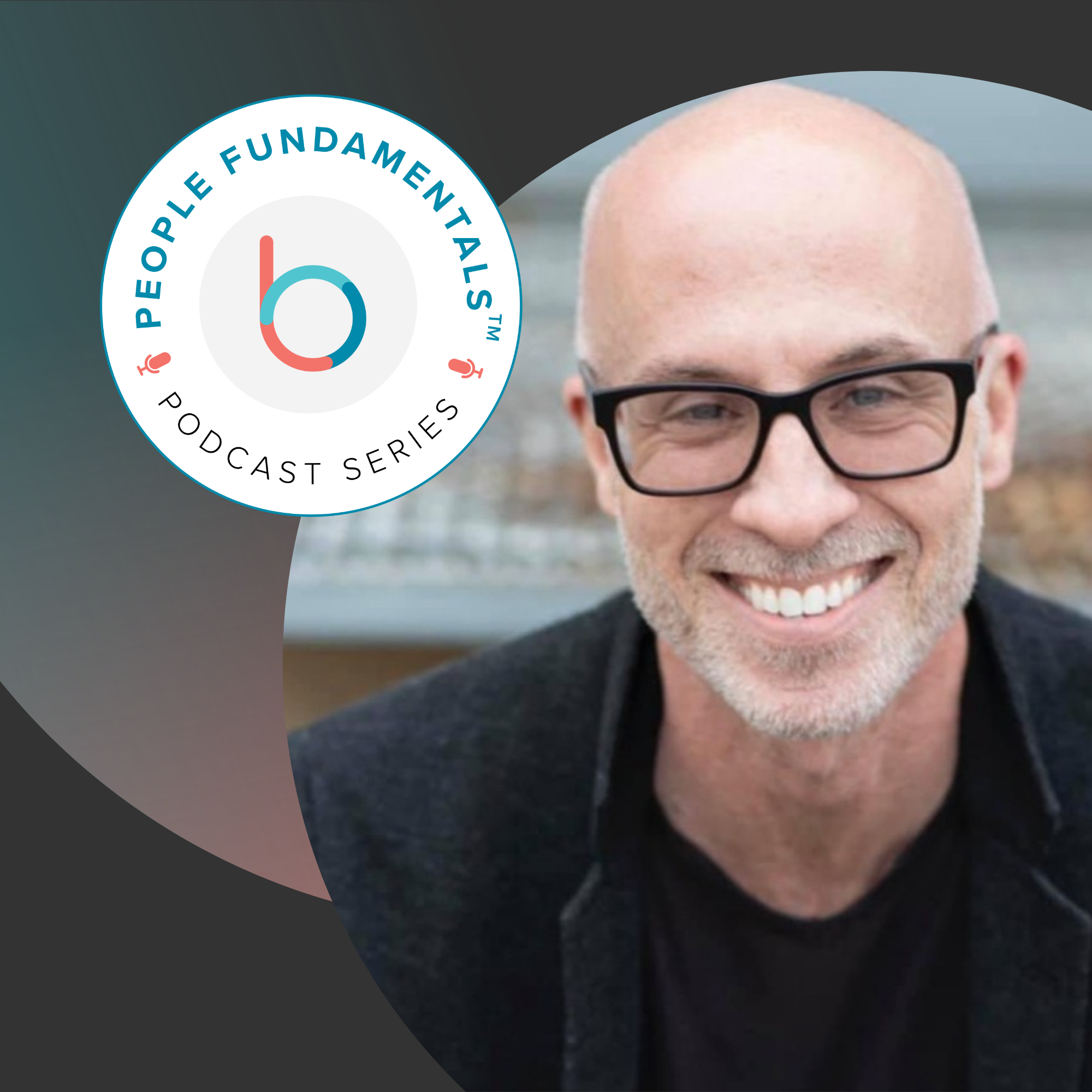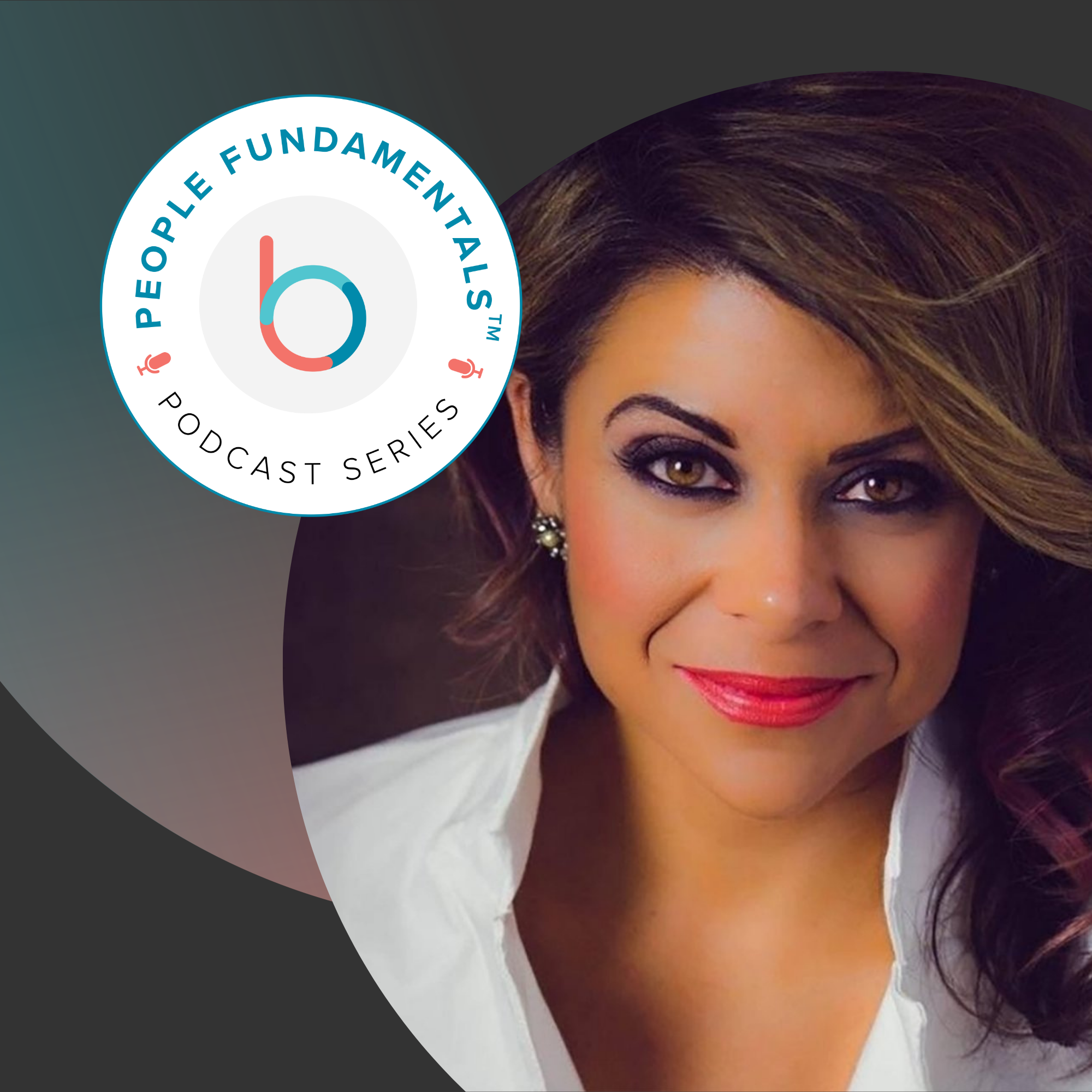Employees today prioritize meaningful and fulfilling work. That’s a big opportunity for HR, says Deloria Nelson-Streete, president at Authentic Culture & Engagement Solutions Inc., whose optimistic yet realistic brand of HR has taught her how to make the most of challenging situations.
“Our idea of meaning and importance and life and all of that’s shifted,” she says. “The ground is literally moving under our feet. Companies, as well as HR, are trying to figure it out.”
To navigate changing priorities, Nelson-Streete says, organizations need to learn to lead with love.
“I get to know you and have an authentic relationship with you. I know what’s important to you,” she says. “If I lead you with love, it’s trying to put you in spaces where you can shine, putting you on assignments and work that’s meaningful to you, giving you the flexibility that you need to live your life.”
Employees are holding organizations more accountable for creating a better, more purpose-driven experience, so we asked Nelson-Streete to share her advice for leading with love to help people shine.
Equity doesn’t mean equal
Every person is unique, and that’s a powerful opportunity for translating the creativity, enthusiasm, and loyalty of your people into business impact — but only if you get to know them for who they are.
“If you get to know your people, you get to know what’s important to them,” Nelson-Streete says. “One size doesn’t fit all. It never did. But now people are claiming their independence; people are a lot more courageous about standing in their truth.”
A neurodivergent employee, for example, may need to listen to music or have a familiar TV show running in the background to help them focus better. For someone else, that might be a distraction; but for this employee, it’s how they work best. By creating an environment where an employee feels comfortable asking for that, and where those needs are respected and addressed, you can empower people to perform at their best every day. This is a big shift from how we’ve traditionally managed people.
“In the past, HR was rewarded for consistency and sameness,” Nelson-Streete says. “What is needed is flexibility and individuality, which is very similar to equity. Equity is giving people what they need, not giving everybody the same thing.”
Move beyond acceptance to appreciation
The years of asking people to conform, though, have made people — especially those from historically marginalized groups — very good at hiding their true selves to meet the status quo.
“There are all of these rules that we’ve been told, and we’ve learned to follow them,” Nelson-Streete says. That takes a major toll on an organization’s ability to differentiate.
“The amount of energy people spend shapeshifting to fit in is energy that they could be using to create, to innovate,” she says. “We’ve got to get all of this out the way so people can focus on meaningful work.”
Every person brings a unique value-add to workplace culture. (That’s why the language is shifting from prioritizing “culture fit” to seeking “culture add.”) To harness that value, though, we need to move from simply accepting differences in others to truly appreciating them. When a manager recognizes how a team member’s unique background and experiences could be a value-add, they can help draw that out.
But overcoming decades of conforming isn’t easy, Nelson-Streete says: “What are the things you have to unlearn so you can bring your whole self to work?”
The responsibility doesn’t fall exclusively on individuals. The bulk of the work falls to HR, which must create a culture where people feel empowered to explore what’s most unique to them and apply that to their work. “You have to grow to appreciate people,” Nelson-Streete says, “but the only way you can appreciate people is to really get to know them — and create a safe environment where they can tell you who they are.”

Empower people to find meaningful work
You have the best chance of drawing out different perspectives and encouraging people to apply their creativity when they feel passionate about something. That takes managers stopping to learn who their team members are and observing where they shine. “Sometimes people don’t know what they’re good at,” Nelson-Streete says. “Give a person a chance to find out.”
Train managers to be observant and provide specific feedback. During a large project, for example, a manager might notice which elements of the work an employee does especially well. The manager can bring that up during a performance conversation and present that team member with opportunities to explore that skill set in new ways. It’s all about asking questions to learn what work resonates most with people.
“Really pay attention to how they work, what they get excited about,” Nelson-Streete says. “A great assignment is appreciation. People want to find meaning in what they do, to feel like it has some level of significance.”
Meaningful work goes beyond day-to-day tasks, though — it extends to creating a culture that employees believe in. “People have higher expectations now,” Nelson-Streete says. “You can’t straddle the fence anymore.” More organizations are doubling down on environmental, social, and governance initiatives, for example, because it’s important to not just shareholders and customers but also the workforce.
Companies have gotten better about standing up for what’s right, but it’s an increasing expectation among the workforce that companies need to lean into more heavily. “When something happens, you need to let your employees know where you stand,” Nelson-Streete says. “Anything that shows disrespect for anybody, you should stand against. And you should stand against it loudly.” Not taking a clear stance is a big risk that can undermine your culture. “Silence is loud,” Nelson-Streete says.
But by being vocal about your values and training managers to apply them to draw out the best in their people, you can create a culture that leads with love and gives every person the chance to shine their light on others.








